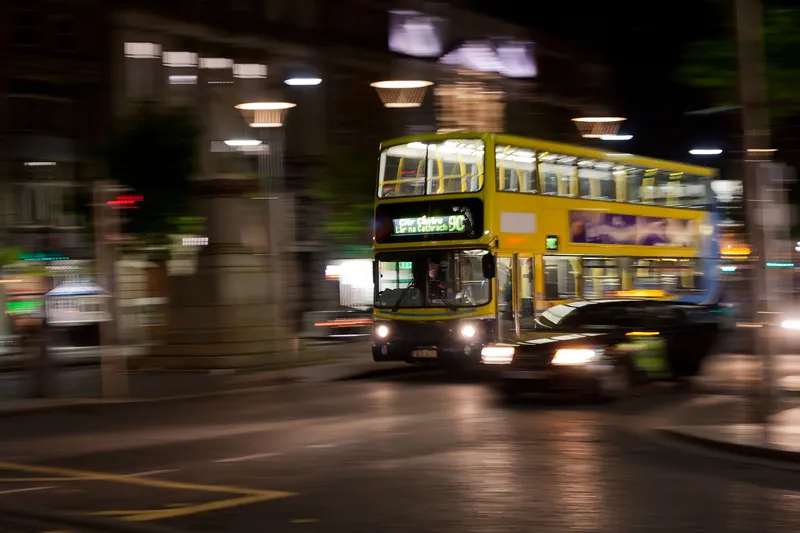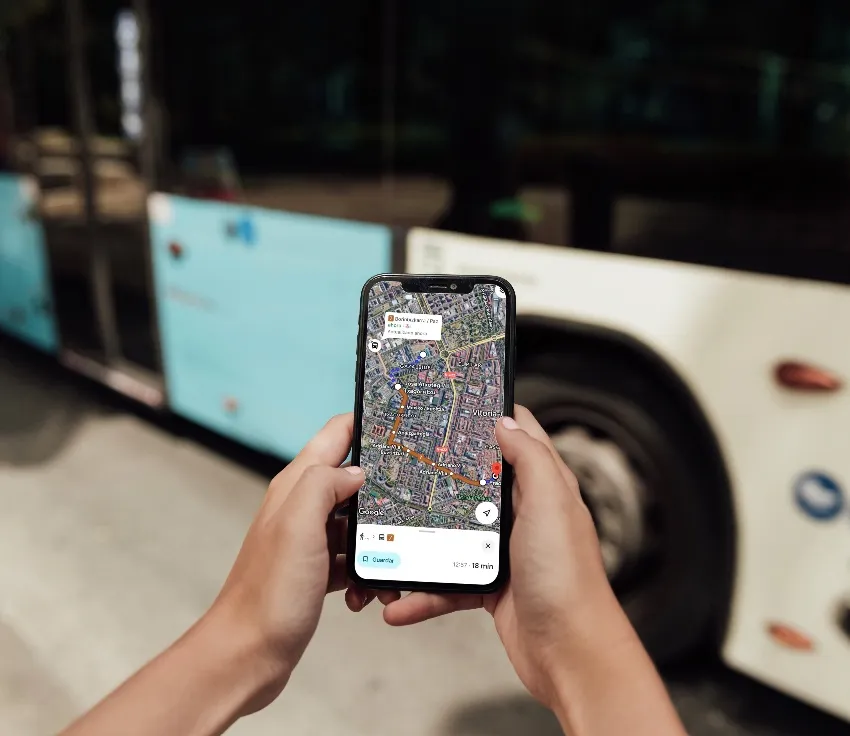
Ireland’s National Transport Authority has awarded a contract to Trapeze to implement and support a nationwide automatic vehicle location solution for all public service buses.
Trapeze, part of Modaxo, operates fixed-route, demand-response, paratransit and tram-metro-light rail passenger services as well as medical, taxi, e-hail and school transport.
The contract will enable the authority to consolidate several existing bus automatic vehicle location systems into one central system to be used by all bus operators in Ireland. Trapeze’s cloud-based technology will deliver a single consistent service management solution.
“Trapeze has a proven track record of delivering AVL systems,” said Bernard Higgins, the authority’s director of transport technology.
“It will… enable the production of high quality dynamic real-time information for public transport customers through our real-time application [TFI Live], our 800+ on-street displays and our real-time data exports to third party applications.”
Steve Jukes, general manager at Trapeze ITS, said the company’s system will deliver a “step change” in public transport for the people of Ireland.
“Public transport plays a pivotal role in reducing the carbon footprint of cities by promoting shared mobility and decreasing reliance on private vehicles. Our technology is designed to improve the public transport experience and encourage ridership."
“This win cements Trapeze’s position as the proven leading supplier of technology for franchised bus services,” he said.









